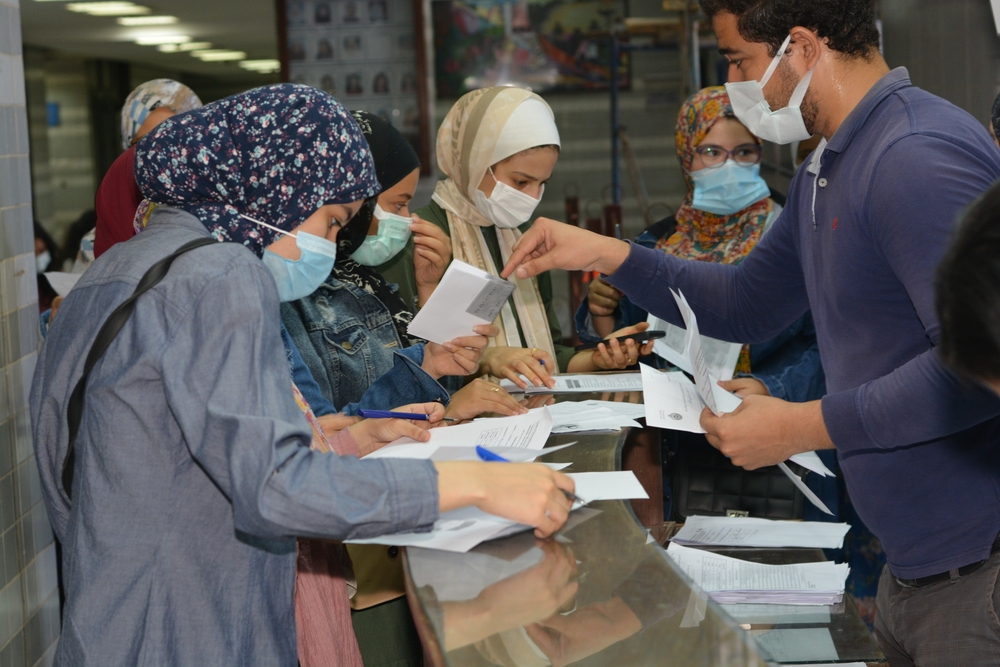On 15 May, the World Health Organization (WHO) declared that COVID-19 is no longer a public international health emergency after more than three years of the pandemic. This news was met with different reactions, ranging from joy and the feeling that the world is back to normalcy, to disappointment because of worries that eliminating all restrictions might not end well. Egyptians and other nations around the world have given up on wearing masks long before it was safe to do so, especially during peak COVID-19, but is that the right move now? Mask On! While COVID-19 is not endemic—a disease that is prevalent in a particular country or area—it is important to remember that COVID-19 is not extinct either; according to the WHO website, there have been 1,196,964 new COVID-19 cases and 8,324 deaths recorded worldwide since 1 May. Of course, the number is much less in Egypt overall since Egypt only records hospitalized cases, with zero cases and deaths in May so far, after 110 cases and 7 deaths in April. Masking has been proven to minimize the spread of COVID and even other respiratory diseases, such as the…



